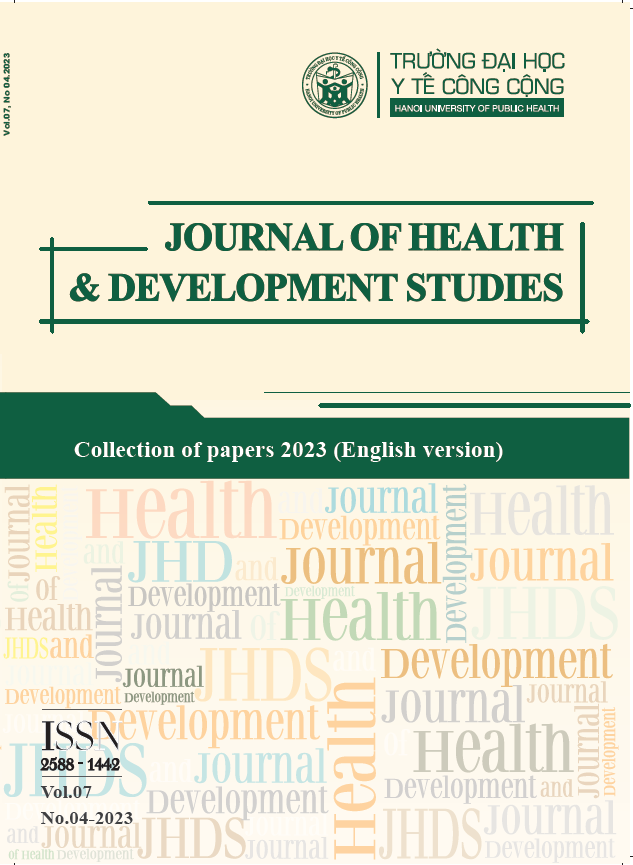Association between retinol intake and risk of gastric cancer: a case-control study in a Korean population
Tóm tắt
Objectives: Gastric cancer has the fifth highest incidence among cancers in the world and is the most common cancer in South Korea. Several studies suggested a protective role of retinol in oesophageal, liver, lung, and breast cancer, while this effect was still inconsistent in gastric cancer.
Methods: We conducted a case-control study that included 415 cases and 830 controls at the National Cancer Center Hospital in Korea. Dietary information of the participants was collected using a validated semi-quantitative food frequency questionnaire (SQFFQ) covering 106 food items. A multivariate logistic regression model was performed to investigate the association between retinol intake and risk of gastric cancer.
Results: The highest consumption of retinol intake was significantly associated with lower odds of gastric cancer in the total subjects (odds ratio (OR)=0.58, 95% confidence interval (CI)=0.37–0.89), and among women (OR = 0.43, 95% CI = 0.21–0.89), but not among men (OR = 0.72, 95% CI = 0.41–1.26). After stratifying by Helicobacter pylori (H. pylori) infection, we identified a reduced risk of gastric cancer when consuming the highest level of retinol intake only among H. pylori-positive patients. This trend was demonstrated in the subgroups of current drinkers and those who had not smoked without adjustment for H. pylori infection.
Conclusion: Retinol intake was proved as a protective factor against gastric cancer, and this effect remained among women and patients with H. pylori infection even after adjustment for multivariable.

